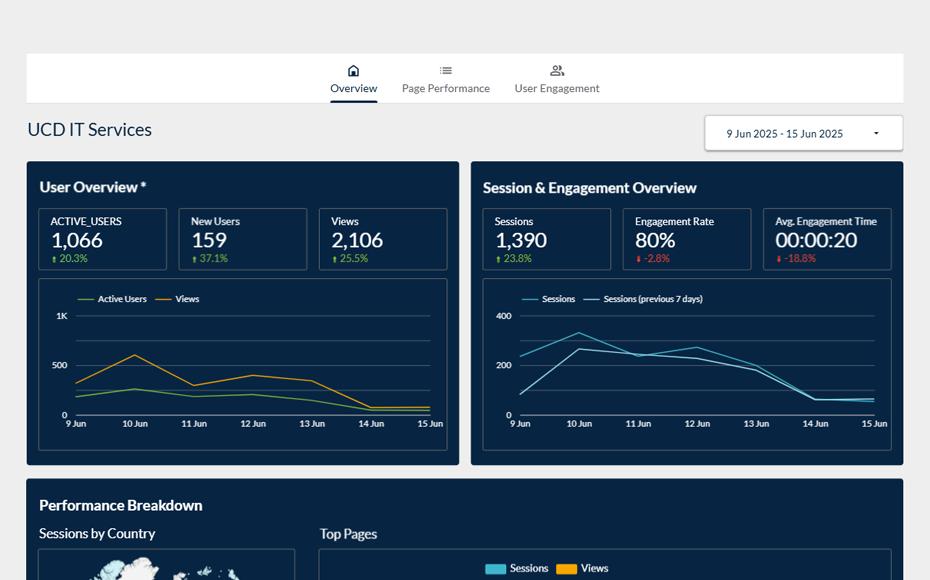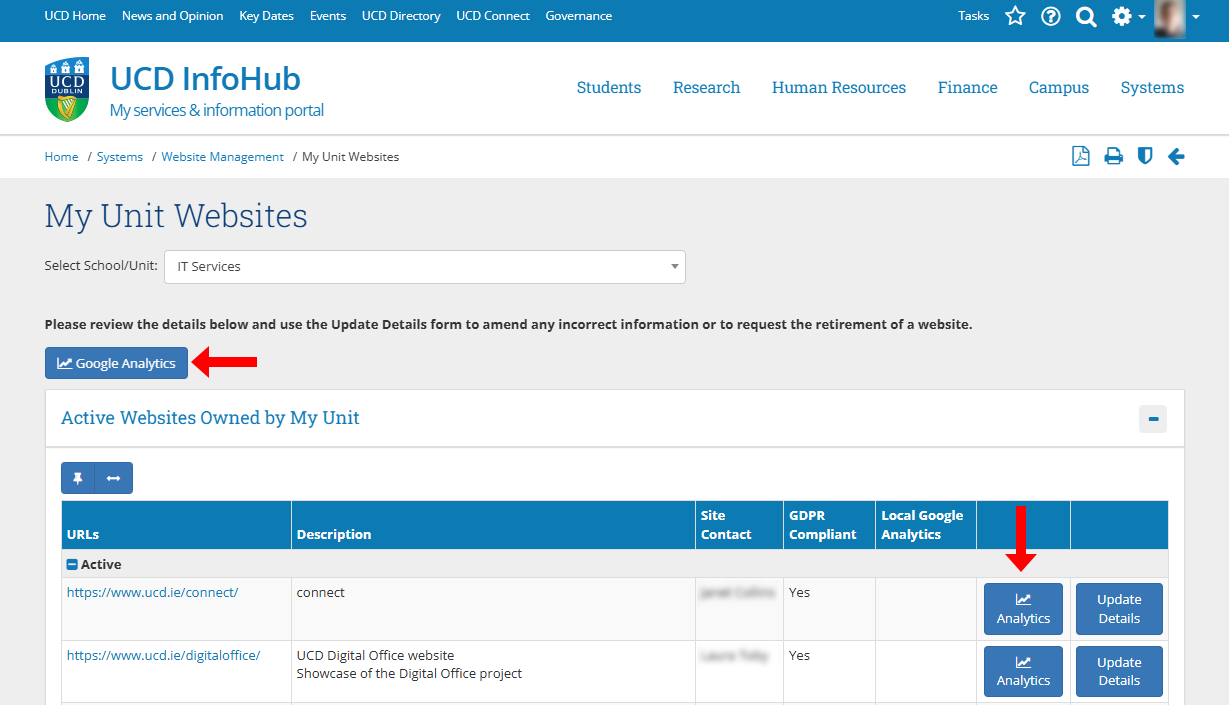Google Analytics 4 (GA4) is Google's latest web analytics platform, fundamentally shifting from its predecessor (Universal Analytics) to an event-based data model. This means all user interactions, from page views to clicks and video plays, are tracked as "events," providing a more flexible and granular understanding of user behavior. GA4 offers enhanced privacy controls, and leverages machine learning for predictive insights, helping website owners to understand the complete customer journey and make more informed decisions.
In Universal Analytics, the main focus was on tracking individual sessions and their interactions with a website. GA4, on the other hand, emphasizes tracking the behavior of users across multiple devices and platforms. This shift acknowledges the growing complexity of user journeys in today's interconnected digital landscape.
Another significant change in GA4 is the enhanced event tracking system. While Universal Analytics primarily relied on pageviews and predefined events, GA4 introduces a more flexible and customizable event tracking mechanism. It allows businesses to define and track specific events that align with their unique goals and objectives, providing more granular insights into user interactions.
However, perhaps the most relevant change for the University is that GA4 includes improved data privacy features to align with evolving regulations and user expectations. It provides more options for data control and management, ensuring compliance with privacy policies and offering users more transparency and control over their data.



